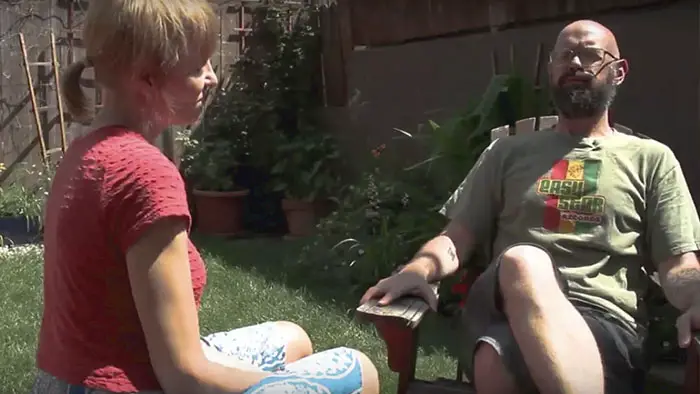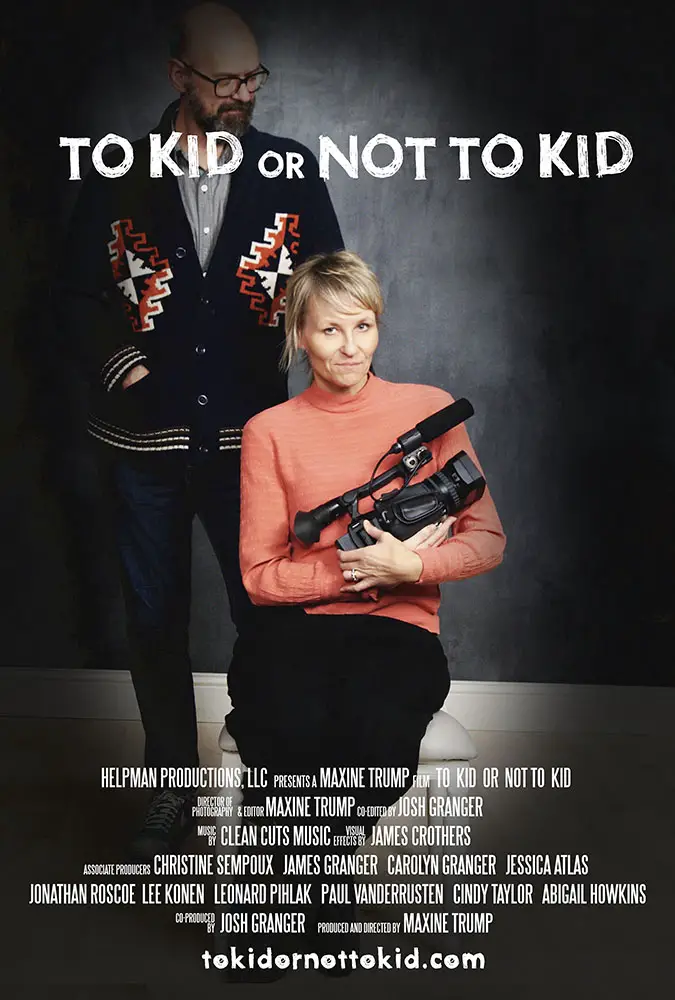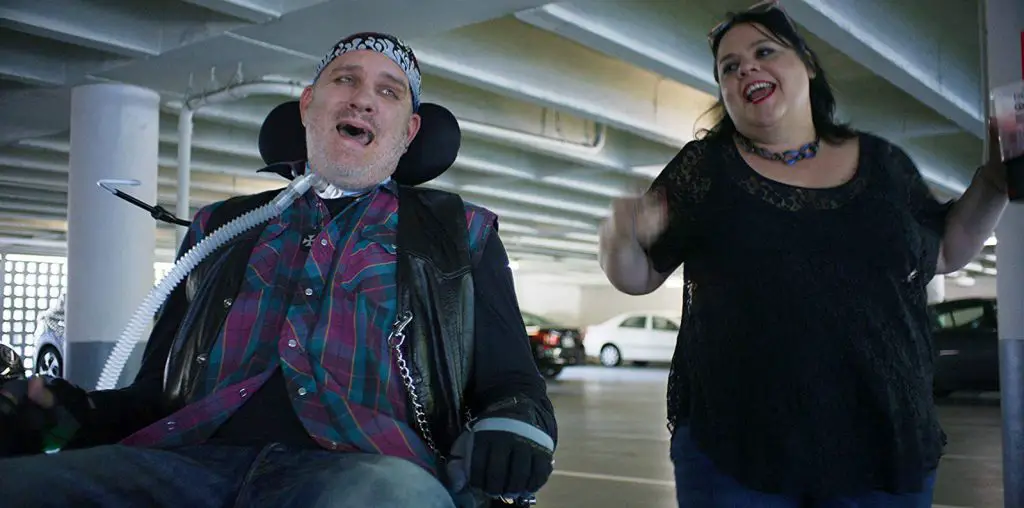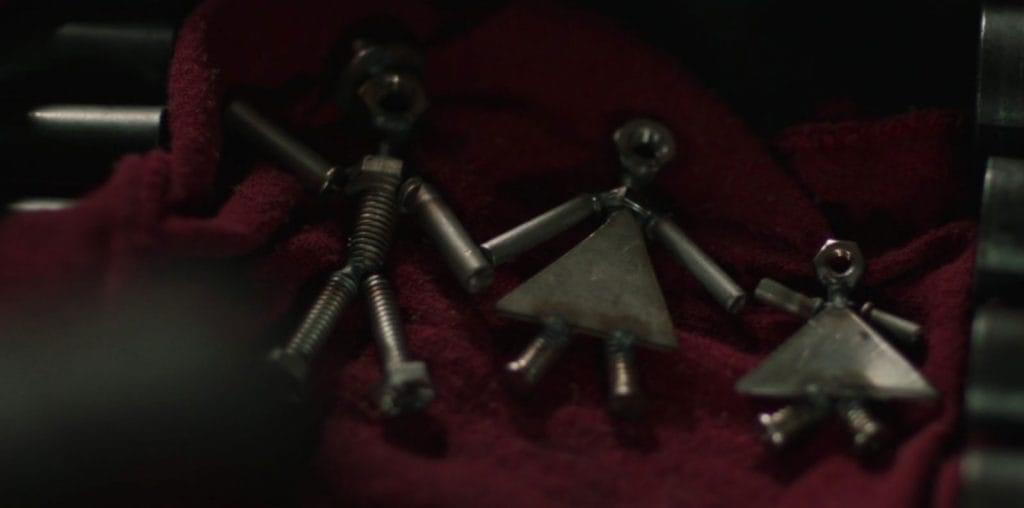
To Kid Or Not To Kid is a tale of self-discovery about writer-director Maxine Trump (no relation to the US president) answering the titular quandary for herself. Trump is a filmmaker and jet-sets throughout the world to work on various projects. Her husband, Josh Granger, accompanies her on these trips. Granger has two children from a previous relationship. Trump is quite supportive of Granger’s relationship with his twin girls. And Granger enjoys being a dad.
Trump is quite close to her nieces and nephews. She also really enjoys visiting her friends with children. However, due to how little they are home and how much she likes her work, having kids of their own does not seem like a possibility. In researching for this movie, she uncovers a terrifying amount of articles, both secular and religious leaning, that essentially proclaim that any woman not having children is selfish and neglecting their duties. Trump also recalls the countless amount of advertisements she grew up with that were telling her she needs to become a mom.

“…due to how little they are home and how much she likes her work, having kids of their own does not seem like a possibility.”
Her family might mean well, but they are not exactly helpful. Trump’s sister is a pastor and believes women should have kids. Their mom does not understand why Trump and her husband don’t already have children. Though she never outright tells her daughter that it disappoints her, it is an emotion that is clearly felt. All of these personal and societal pressures conflate so that Maxine Trump is uncertain of how she actually feels about this issue.
Thus, To Kid Or Not To Kid now exists. While the film overall is quite good, it has one flaw that really holds it back from the realm of greatness. The movie is structured very poorly. Important information that should have been revealed within the first 10-minutes does not come to light until much later. For example, Granger being a father to twin girls, is not told to the audience until, approximately, 40-minutes in. This is after the two of them sit down and have a conversation about whether or not they, as a couple, want children. This happens well before the audience is informed that Granger is already a father. This information drastically changes how the viewer interprets what both of them say. Not knowing this only hurts the film.
Also, the bit about the advertisements comes in too late to properly contextualize her feelings right away. The pressures she talks about aren’t fully realized until she attends a convention about the latest and presumably greatest, in gadgets, car seats, and the like for babies. Considering how vital the pressures of society are to Trump’s central thesis and journey throughout, that it is not fully understood, undercuts the power of her decision, no matter what it is, has.

"…this small moment of misplaced frustrations makes her more relatable."


